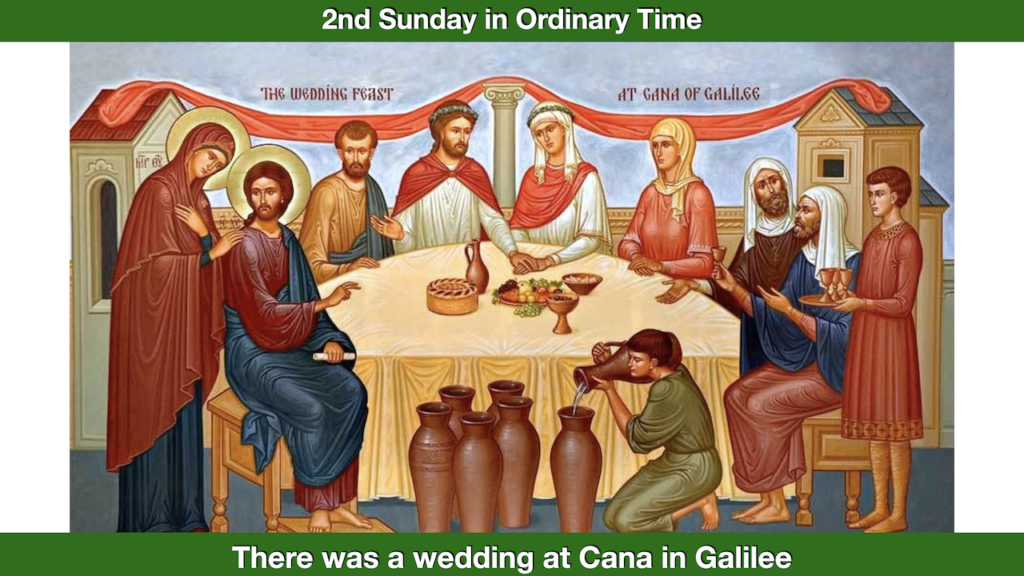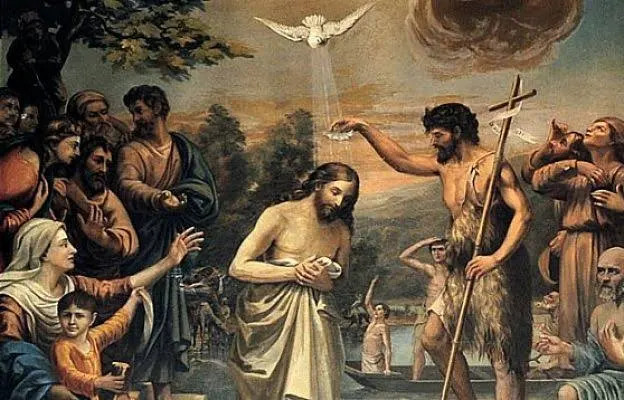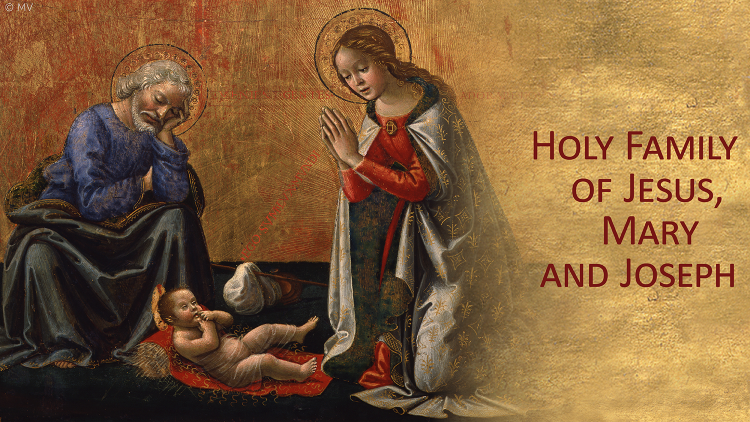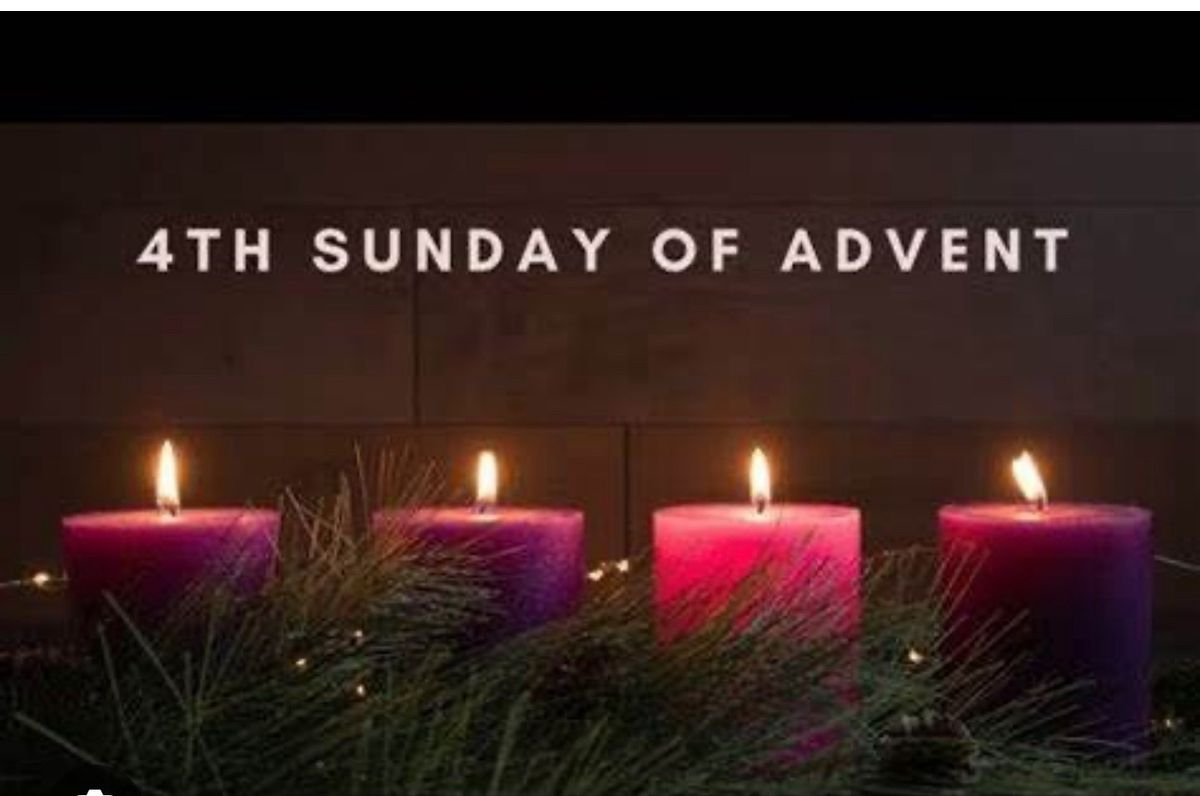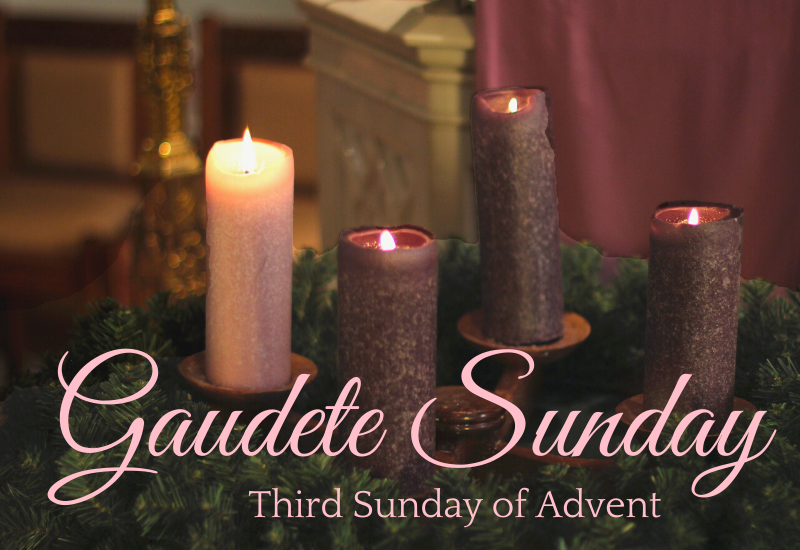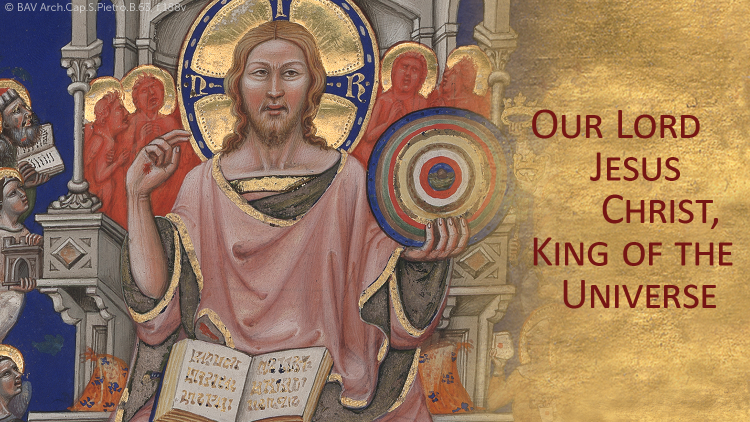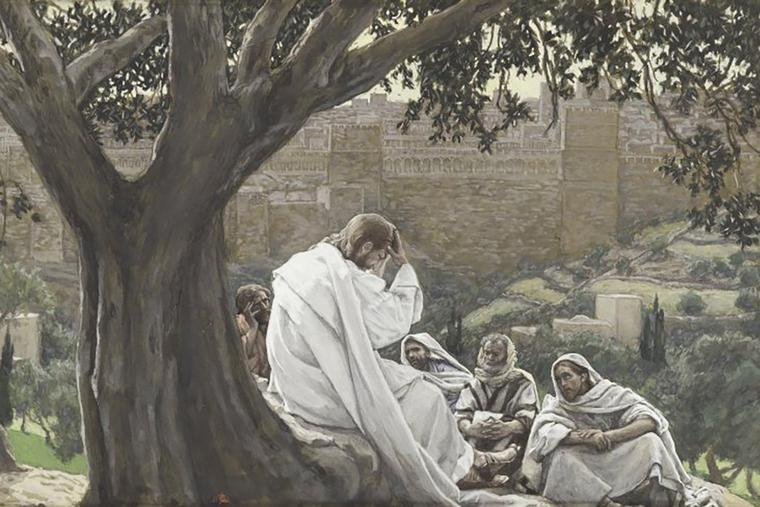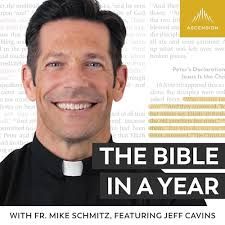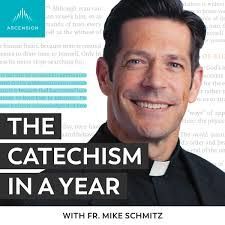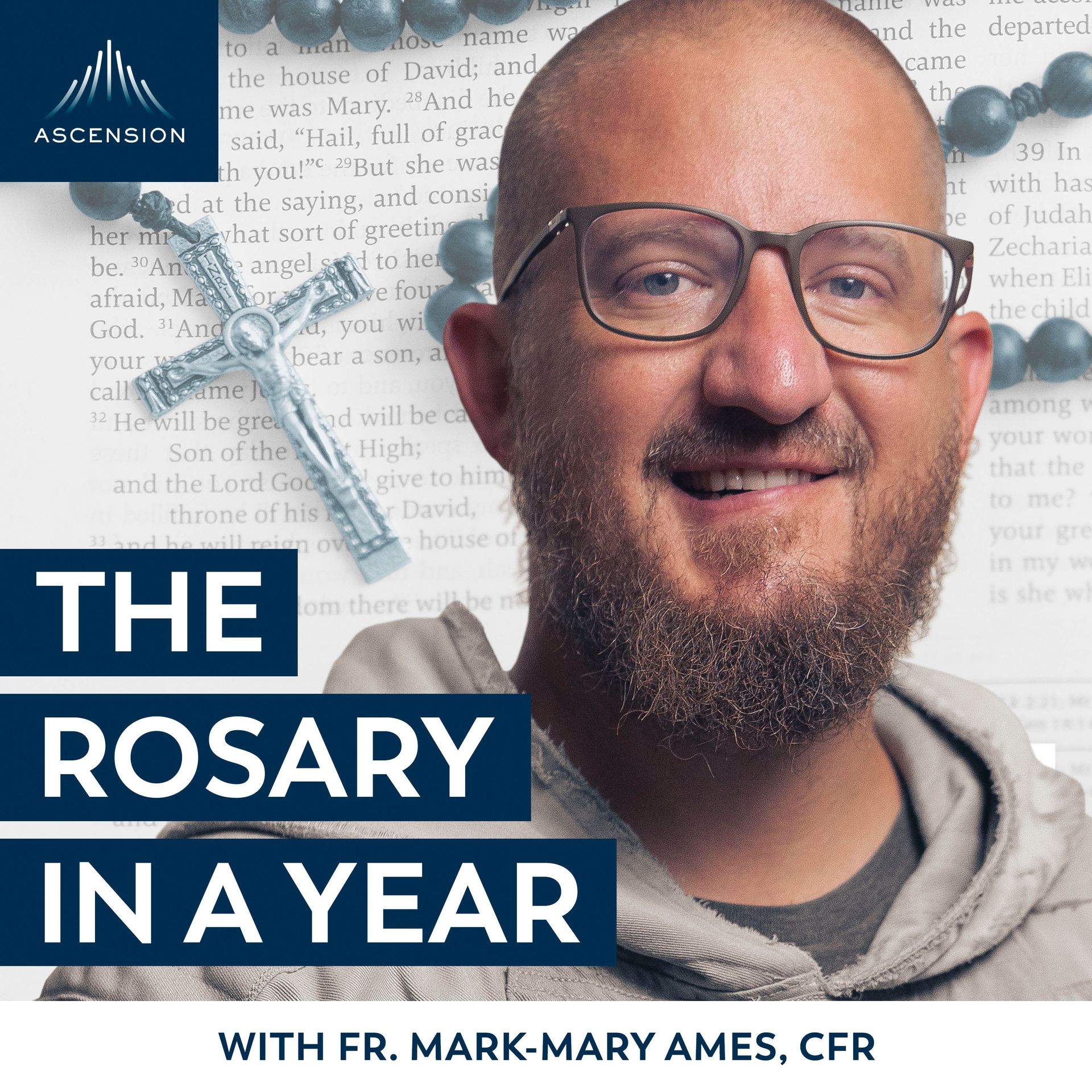Thirty-First Sunday in Ordinary Time, November 5, 2023
Dear Friends,
We enter the month of November with gratitude for those who have gone before us and who have been part of our lives. Please take a moment to pray for the repose of their souls.
As we celebrate the 31st Sunday in Ordinary Time, the Church invites us to reflect on our call to humble service. Jesus puts it so beautifully in Matthew 23: 12: “Whoever exalts himself will be humbled; but whoever humbles himself will be exalted.” He has some very harsh words for the priests who demand of the people what they themselves will not practice. Please keep all the clergy in your prayers, that we might serve God’s people as Christ would.
I take this opportunity to thank Josefina Perez, who has been the welcoming face of St. John’s for the past couple of years as the receptionist for our parish. She has been so pleasant and kind to all who stepped into our office. As she moves on to another job, we wish her God’s blessings and thank her for the lovely ways in which she has served us here. We are grateful that she will continue to be actively involved in parish life.
I am deeply grateful to Gilbert Pharam, chairperson of Guardians of the Grotto, and his team for doing a splendid job in arranging the Grotto for Rosary during the month of October. Thanks to Peter and Fran Behrens for leading the Rosary everyday of the month and to the many who came to pray and invoke our Mother’s intercession for the wellbeing of our parish community and for an end to war.
Let us now move forward with the Post-Synodal Apostolic Exhortation of Pope Benedict XVI entitled: Sacramentum Caritatis.
Have a Blessed Week!
With love,
Fr. John
Week 19—SACRAMENTUM CARITATI S (THE SACRAMENT OF CHARITY: THE EUCHARIST)
CONTINUATION OF THE POST-SYNODAL APOSTOLIC EXHORTATION SACRAMENTUM CARITATIS OF THE HOLY FATHER BENEDICT XVI TO THE BISHOPS, CLERGY, CONSECRATED PERSONS AND THE LAY FAITHFUL ON THE EUCHARIST AS THE SOURCE AND SUMMIT OF THE CHURCH'S LIFE AND MISSION
PART TWO: THE EUCHARIST —A MYSTERY TO BE CELEBRATED (continued)
"Truly, truly, I say to you, it was not Moses who gave you the bread from heaven; m y Father gives you the true bread from heaven" (Jn 6:32)
THE EUCHARISTIC PRAYER
- The Eucharistic Prayer is "the centre and summit of the entire celebration" (145). Its importance deserves to be adequately emphasized. The different Eucharistic Prayers contained in the Missal have been handed down to us by the Church's living Tradition and are noteworthy for their inexhaustible theological and spiritual richness. The faithful need to be enabled to appreciate that richness. Here the General Instruction of the Roman Missal can help, with its list of the basic elements of every Eucharistic Prayer: thanksgiving, acclamation, epiclesis, institution narrative and consecration, anamnesis, offering, intercessions and final doxology (146). In a particular way, eucharistic spirituality and theological reflection are enriched if we contemplate in the anaphora the profound unity between the invocation of the Holy Spirit and the institution narrative (147) whereby "the sacrifice is carried out which Christ himself instituted at the Last Supper" (148). Indeed, "the Church implores the power of the Holy Spirit that the gifts offered by human hands be consecrated, that is, become Christ's Body and Blood, and that the spotless Victim to be received in communion be for the salvation of those who will partake of it" (149).
THE SIGN OF PEACE
- By its nature the Eucharist is the sacrament of peace. At Mass this dimension of the eucharistic mystery finds specific expression in the sign of peace. Certainly this sign has great value (cf. Jn 14:27). In our times, fraught with fear and conflict, this gesture has become particularly eloquent, as the Church has become increasingly conscious of her responsibility to pray insistently for the gift of peace and unity for herself and for the whole human family.
Certainly there is an irrepressible desire for peace present in every heart. The Church gives voice to the hope for peace and reconciliation rising up from every man and woman of good will, directing it towards the one who "is our peace" (Eph 2:14) and who can bring peace to individuals and peoples when all human efforts fail. We can thus understand the emotion so often felt during the sign of peace at a liturgical celebration. Even so, during the Synod of Bishops there was discussion about the appropriateness of greater restraint in this gesture, which can be exaggerated and cause a certain distraction in the assembly just before the reception of Communion. It should be kept in mind that nothing is lost when the sign of peace is marked by a sobriety which preserves the proper spirit of the celebration, as, for example, when it is restricted to one's immediate neighbours (150).
THE DISTRIBUTION AND RECEPTION OF THE EUCHARIST
- Another moment of the celebration needing to be mentioned is the distribution and reception of Holy Communion. I ask everyone, especially ordained ministers and those who, after adequate preparation and in cases of genuine need, are authorized to exercise the ministry of distributing the Eucharist, to make every effort to ensure that this simple act preserves its importance as a personal encounter with the Lord Jesus in the sacrament. For the rules governing correct practice in this regard, I would refer to those documents recently issued on the subject. (151) All Christian communities are to observe the current norms faithfully, seeing in them an expression of the faith and love with which we all must regard this sublime sacrament. Furthermore, the precious time of thanksgiving after communion should not be neglected: besides the singing of an appropriate hymn, it can also be most helpful to remain recollected in silence. (152)
In this regard, I would like to call attention to a pastoral problem frequently encountered nowadays. I am referring to the fact that on certain occasions – for example, wedding Masses, funerals and the like – in addition to practising Catholics there may be others present who have long since ceased to attend Mass or are living in a situation which does not permit them to receive the sacraments. At other times members of other Christian confessions and even other religions may be present. Similar situations can occur in churches that are frequently visited, especially in tourist areas. In these cases, there is a need to find a brief and clear way to remind those present of the meaning of sacramental communion and the conditions required for its reception. Wherever circumstances make it impossible to ensure that the meaning of the Eucharist is duly appreciated, the appropriateness of replacing the celebration of the Mass with a celebration of the word of God should be considered. (153)
THE DISMISSAL: " ITE, MISSA EST "
- Finally, I would like to comment briefly on the observations of the Synod Fathers regarding the dismissal at the end of the eucharistic celebration. After the blessing, the deacon or the priest dismisses the people with the words: Ite, missa est. These words help us to grasp the relationship between the Mass just celebrated and the mission of Christians in the world. In antiquity, missa simply meant "dismissal." However in Christian usage it gradually took on a deeper meaning. The word "dismissal" has come to imply a "mission." These few words succinctly express the missionary nature of the Church. The People of God might be helped to understand more clearly this essential dimension of the Church's life, taking the dismissal as a starting- point. In this context, it might also be helpful to provide new texts, duly approved, for the prayer over the people and the final blessing, in order to make this connection clear (154).
(144) Cf. Propositio 20.
(145) General Instruction of the Roman Missal, 78.
(146) Cf. ibid., 78-79.
(147) Cf. Propositio 22.
(148) General Instruction of the Roman Missal, 79d.
(149) Ibid, 79c.
(150) Taking into account ancient and venerable customs and the wishes expressed by the Synod Fathers, I have asked the competent curial offices to study the possibility of moving the sign of peace to another place, such as before the presentation of the gifts at the altar. To do so would also serve as a significant reminder of the Lord's insistence that we be reconciled with others before offering our gifts to God (cf. Mt 5:23 ff.); cf. Propositio 23.
(151) Congregation for Divine Worship and the Discipline of the Sacraments, Instruction Redemptionis Sacramentum (25 March 2004), 80-96: AAS 96 (2004), 574-577.
(152) Propositio 34.
(153) Propositio 35.
(154) Propositio 24.
